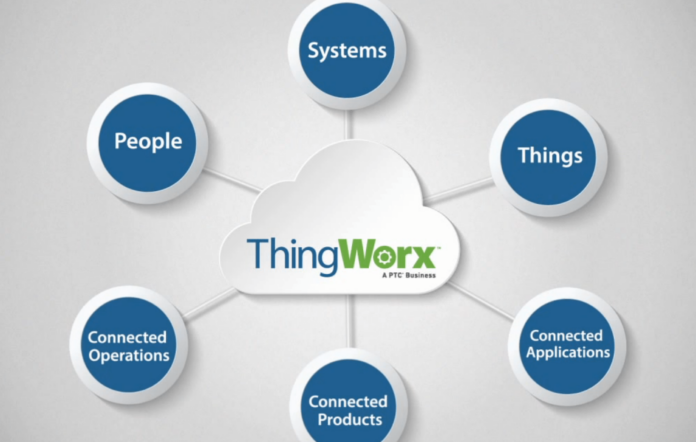The 5G Automotive Association was formed last month by German car makers, telecom vendors and chip makers
Vodafone announced it has become the first telecommunication services provider to join the recently-established 5G Automotive Association (5GAA).
Last month German car makers Audi, BMW and Daimler, as well as telco vendors Ericsson, Huawei and Nokia, and chip makers Intel and Qualcomm, formed the 5G Automotive Association.
Vodafone joined the entity as a platinum member, and Luke Ibbetson, the company’s head of research and development and technology strategy, will join the 5GAA board.
“Vodafone’s industry leadership and cellular network operator’s perspective is an important addition to the 5GAA, and it will significantly contribute to the successful development of the connected mobility ecosystem,” Dino Flore, director general of the 5GAA, said.
“The communication between vehicles infrastructure and pedestrians using C-V2X (cellular vehicle-to-everything) will be fundamental to the creation of intelligent transport systems (ITSs),” Ibbetson said. “The technology that the 5GAA develops can lead to major improvements in driving and road safety.”
This new entity will develop, test and promote communications solutions, support standardization and accelerate commercial availability and global market penetration of 5G automotive technology. The main activities of the association include defining and harmonizing use cases, technical requirements and implementation strategies; supporting standardization and regulatory bodies, certification and approval processes; addressing vehicle-to-everything technology requirements, such as wireless connectivity, security, privacy, authentication, distributed cloud architectures and more, as well as running joint innovation and development projects leading to integrated solutions, interoperability testing, large scale pilots and trial deployments.
Earlier this month, Vodafone said it had started to trial vehicle-to-vehicle communications in the UK and is planning to carry out additional trials in Germany.
LTE-V2X enables vehicles to communicate with each other to improve road safety and efficiency, the European telco said. In addition to car-to-car, the term V2X also contemplates connecting vehicles to pedestrians, infrastructure and an array of radio access networks; those capabilities are expected to become much more robust given the expected throughput and latency requirements associated with 5G.
Vodafone said it is developing LTE-V2X technology with a number of industry partners through the standards organization 3GPP.

